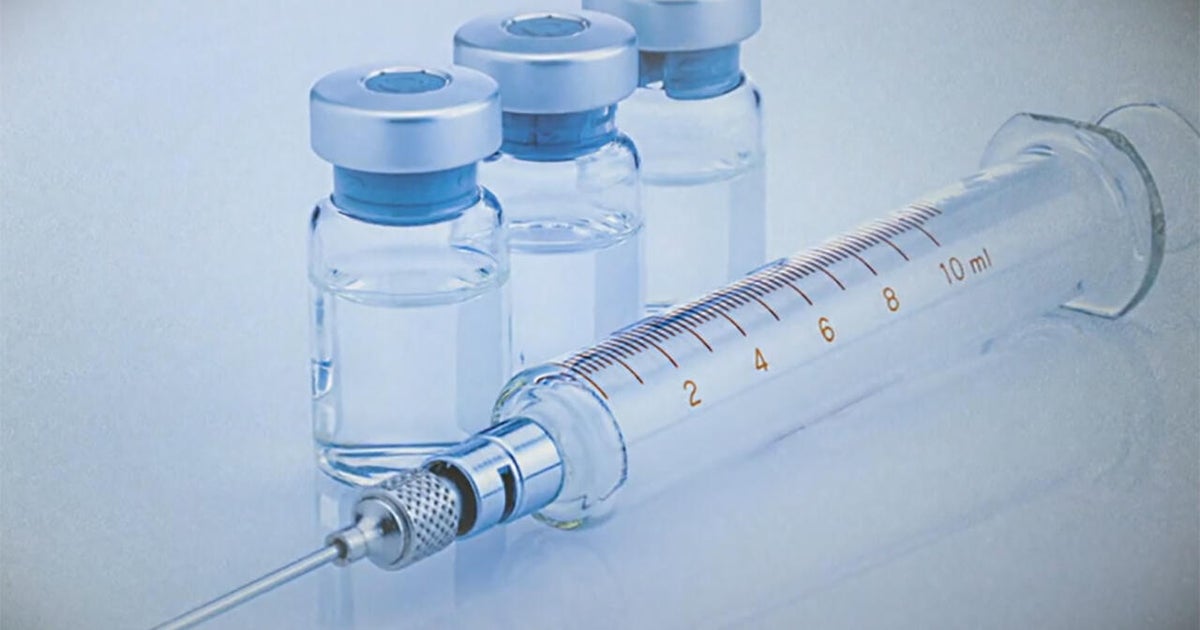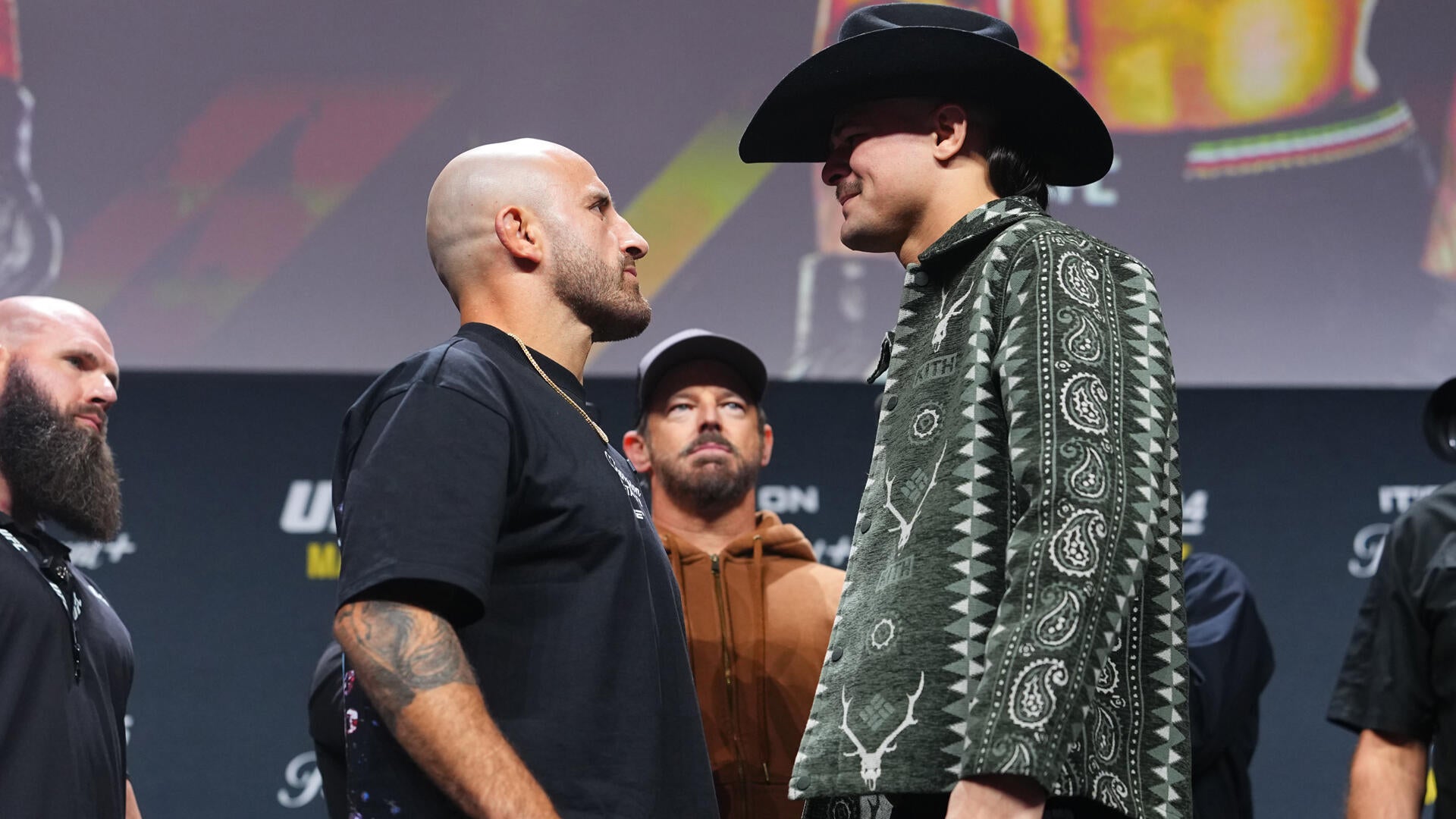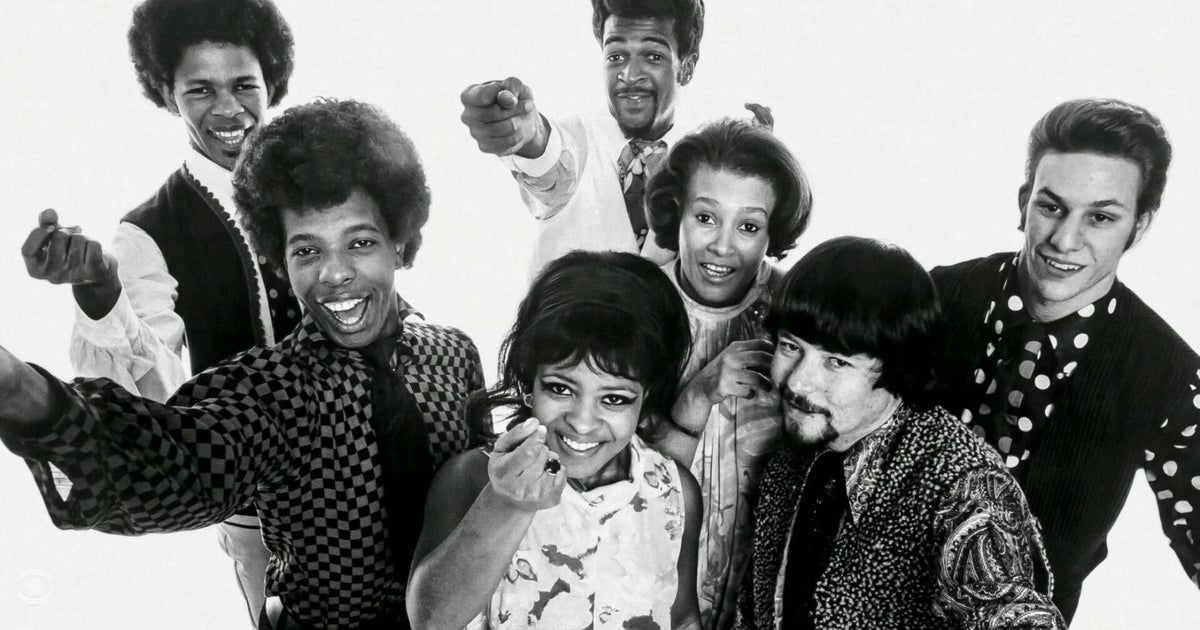

At the end of summer, Congress is often sleepy, and slowly gets back to work. But this past week was an exception. On Capitol Hill, Robert F. Kennedy Jr. arrived, and the controversial Health and Human Services Secretary sparked a reckoning over public health in America.
At a hearing before the Senate Finance Committee on Thursday, Kennedy defended the Trump administration's policies: "We at HHS are enacting a once-in-a-generation shift from a sick-care system, to a true health care system that tackles the root causes of chronic disease," he said.
Tempers ran hot at the hearing. Sen. Michael Bennet (D-Colo.) said, "This is not a podcast. It is the American people's health that is on the line here."
Democrats rebuked Kennedy, perhaps the most high-profile member of President Donald Trump's cabinet. Sen. Tina Smith (D-Minn.) asked Kennedy, "When were you lying, sir – when you told this committee that you were not anti-vax? Or when you told Americans that there's no safe and effective vaccine?"
To which Kennedy replied, "Both things are true."
There were Republicans who offered broad support for Kennedy. Sen. Mike Crapo (R-Ida.) said, "President Trump and Secretary Kennedy have made a steadfast commitment to make America healthy again."
Yet some Republicans notably did push Kennedy on how his long-standing opposition to vaccine mandates is affecting policy, and on Kennedy's doubts about the safety of various vaccines. Sen. John Barasso (R-Wyo.) said, "There are real concerns that safe, proven vaccines like measles, like hepatitis B and others, could be in jeopardy."
The committee room standoff had been brewing for days. On August 27, the government announced new restrictions on eligibility for COVID vaccinations. That decision prompted some health organizations to warn the policy could cause confusion.
That same day, the Trump White House said Susan Monarez, the director of the Centers for Disease Control and Prevention, who had just been confirmed by the Senate weeks earlier, was fired.
The Trump White House stood by Secretary Kennedy's sweeping changes, and by the firing. White House Press Secretary Karoline Leavitt said of Monarez, "She was not aligned with President Trump's mission to make America healthy again."
In a statement to "Sunday Morning," White House spokesman Kush Desai said, "The White House maintains full confidence in Secretary Kennedy's leadership at HHS to advance President Trump's MAHA agenda. With Operation Warp Speed's unprecedented success delivering COVID-19 vaccines in record time, President Trump proved that it's possible to shake up the status quo of our broken and bureaucratic public health system to deliver real results for the American people. Now the second Trump administration is building on this record and experience to restore Gold Standard Science as the guiding principle of health decision-making at HHS to Make America Healthy Again."
In a Wall Street Journal op-ed, Susan Monarez has written that she was pressured to "compromise science itself" – and to sign off on people who "have publicly expressed antivaccine rhetoric."
This turbulence has put Kennedy, who was a key Trump ally during last year's campaign, in the spotlight.
Asked whether there has been pressure within the Republican Party to stand by Kennedy, Kentucky Republican Senator Rand Paul said, "Nobody's pressured me or ever called me on it. I sort of speak my mind. And these are long-standing beliefs for me."
Paul, an ophthalmologist, supports Kennedy, and lays blame on scientists – not skeptics – for worries about vaccine safety. "All the doubt over vaccines is – there might be some doubt coming from those who don't want you to take a vaccine, but quite a bit of doubt is coming from the establishment that I believe is authoritarian in nature," said Paul. "You don't care whether they tell you what to do. You should just do what you're told. We know better than you."
But some who have worked at the highest level are fighting back against criticism, and are sounding an alarm.
"A significant distrust of vaccines"
Four CDC officials – Doctors Jennifer Layden, Daniel Jernigan, Debra Houry, and Demetre Daskalakis – all have resigned in recent days, some citing Secretary Kennedy's vaccine policies, others citing the upheaval at the CDC, which provides crucial health guidance nationwide.
And all four expressed concerns about their resulting trust in CDC information about vaccines and vaccine safety data. "It's why I left; I'm very concerned," said Dr. Daskalakis. "We've already crossed the line. The COVID recommendations for children and pregnant women are completely not based in any evidence that world experts agree on."
I asked, "You know Secretary Kennedy would push back on that; what would you tell him?"
"Ah, easy," Daskalakis replied. "The recommendation is that there should be no healthy kids that get the vaccine; it should only be in kids with underlying conditions. Kids that are six-months-old, 56% of them that are admitted to the hospital have no underlying condition. So, by not offering the vaccine to parents who are willing to do it, those kids that could have been protected won't be."
Asked how he would label Kennedy and his view of vaccines, Dr. Daniel Jernigan said, "I think he has a significant distrust of vaccines. I don't know that he's driving a get-rid-of-vaccines agenda. It's more death by a thousand cuts, death by a thousand questions, calling into question data that has been accepted for many, many years, and simply that calling it into question brings into people's minds that, 'Maybe I shouldn't get that vaccine.'"
Dr. Debra Houry said that when Kennedy began at HHS, "I read his books. I wanted to better understand his research and his background on it. So, we were open, you know, to having those discussions."
In an additional statement to "Sunday Morning," White House spokesman Kush Desai said:
"Americans haven't forgotten how 'the science' was politicized and weaponized during the COVID era by unaccountable 'health officials' to push intrusive mandates and stifle any semblance of the skepticism that actual scientific inquiry is based on. The Trump administration is committed to restoring evidence-based, Gold Standard Science and answering the questions that Americans haven't been allowed to ask to restore trust, confidence, and accountability in our public health bodies."
Asked what the cost to Americans would be of doctors and other officials leaving the CDC, Dr. Jennifer Layden said, "We're talking about the whole public health infrastructure of our nation. And I think when we start to see (and we will) outbreaks that normally don't happen – more food-borne outbreaks, Legionella outbreaks, rising measles cases – people will start to care. That may take time for us to see some of those negative consequences, but that's what the ripple effect of all this will do across our nation."
In fact, ripple effects are already apparent.
"Diseases don't obey borders"
Just this past week, Florida's Republican governor announced plans to eliminate all childhood vaccine requirements.
Meanwhile, West Coast Democratic governors who oppose Secretary Kennedy's policies are moving fast to protect vaccine programs in their states.
I asked Dr. Atul Gawande, a surgeon who served in the Biden administration, "What is the consequence for the country when you have such a differentiation? It's splintered."
"It's severely splintered, and I'm very worried about it," Gawandea replied, "because diseases don't obey borders.
For Gawande, Kennedy's actions could upend not only federal agencies, but America's standing in global health. "There isn't always consensus, for sure, among our own medical community," he said, "but we generally have been able to come together enough to be able to say, 'Here is where we can assure getting – whether it's COVID boosters, and making sure we don't leave out the people who are most in need of vaccination – to making sure we're not abandoning our childhood immunization. Other countries around the world are baffled by our now falling into a civil war over whether the discoveries that have saved the world mattered."
Later this month, the CDC's vaccine advisory board – now featuring Kennedy appointees – will meet to decide future guidelines.
At the end of the day, Gawande says, "Trust helps assuage doubt."
But, I asked, "Is trust still possible in this environment?"
"Trust is still possible," said Gawande, "but it is not possible while we have leaders who actively drive chaos, who actively are trying to create uncertainty and break down trust. But ultimately, people have to choose the leaders who have the track record of demonstrating better outcomes. And those leaders are scientists, health professionals, and others who have demonstrated over years that they actually get you better results."
For more info:
Story produced by Ed Forgotson and Jack Weingart. Editor: Carol Ross.
See also:











-3.png)



